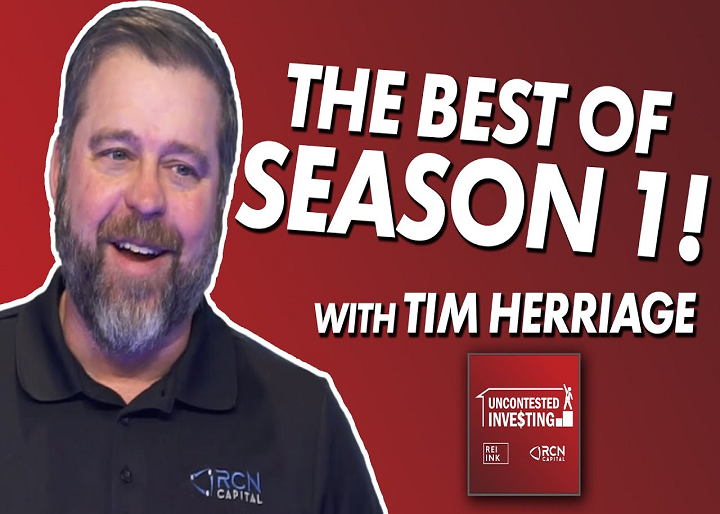THE BEST OF SEASON 1
2022 was a great year. As we conclude the first season of Uncontested Investing, I want to look back on all the experiences and lessons, so we can take them into 2023 and use them to grow further. Listen now to discover what I learned in 2022 and how these lessons and experiences have prepared me for this year! Quotables “What I found after 21 years in this industry is
Read More








